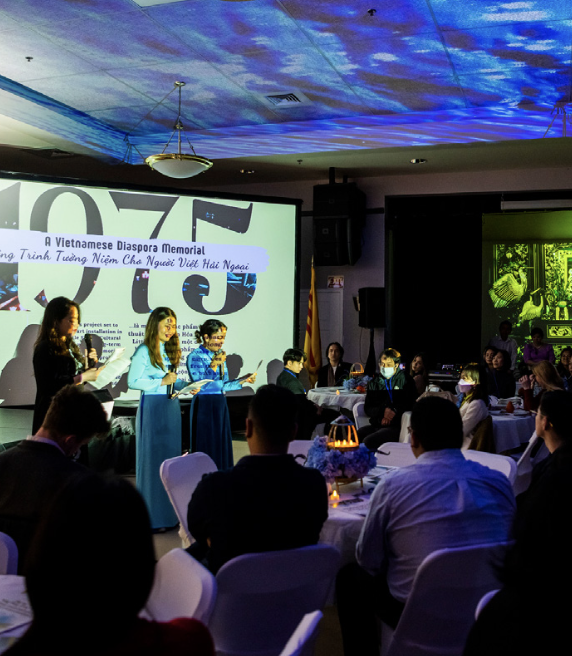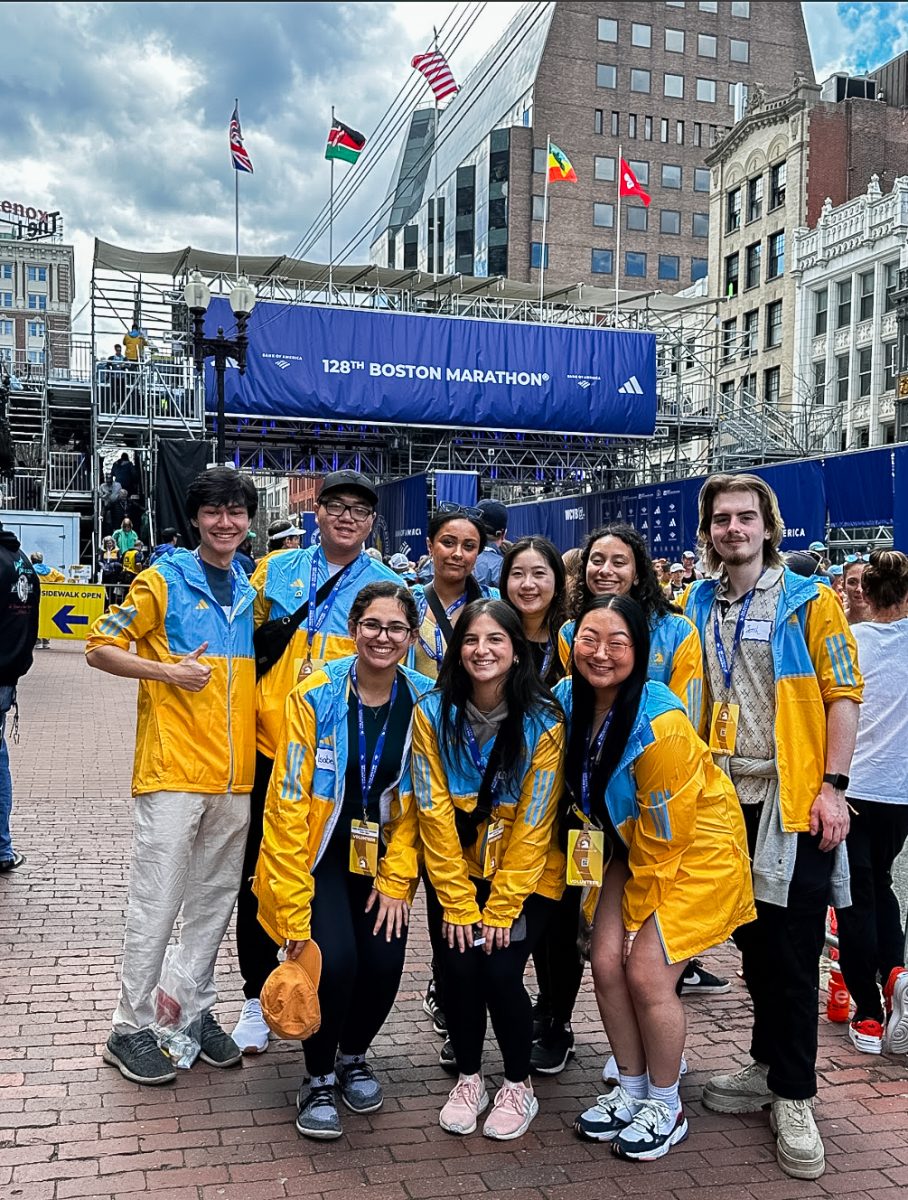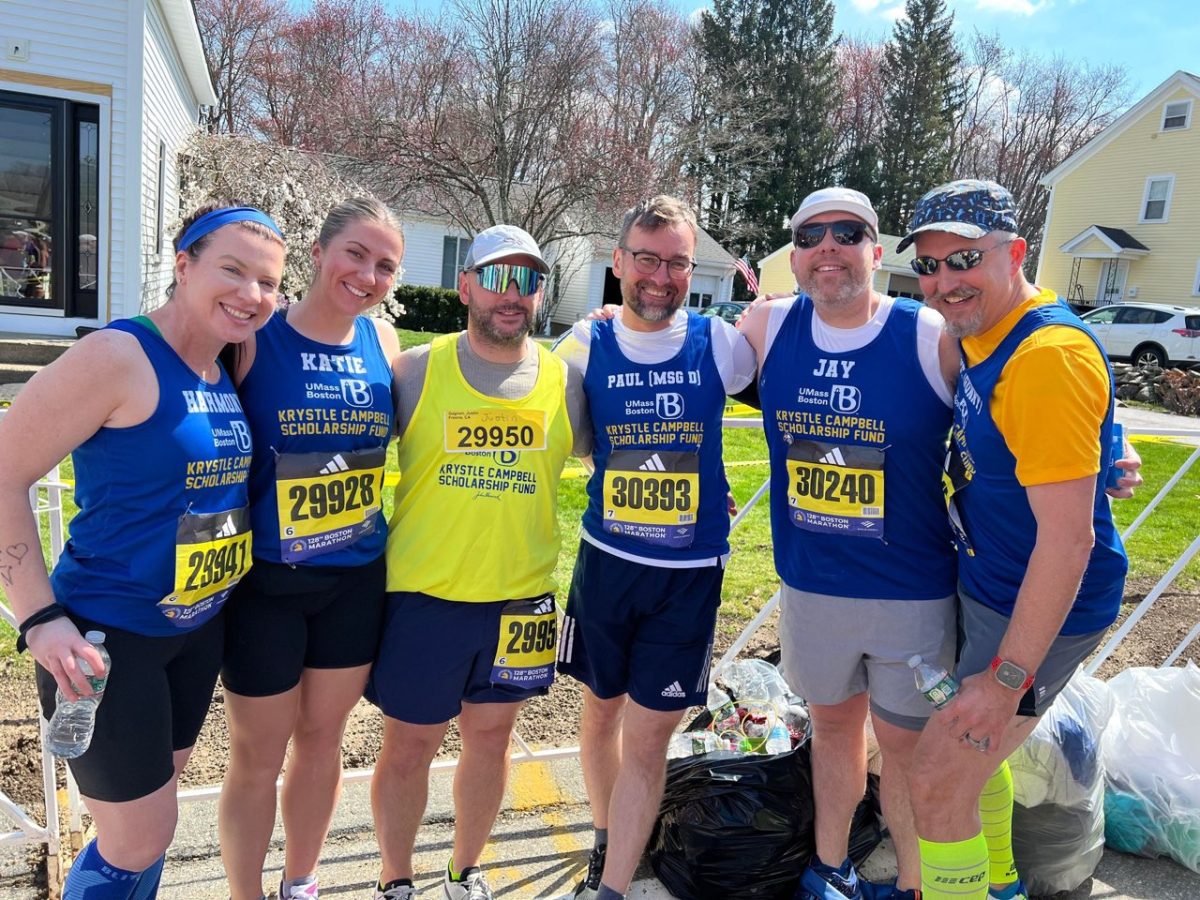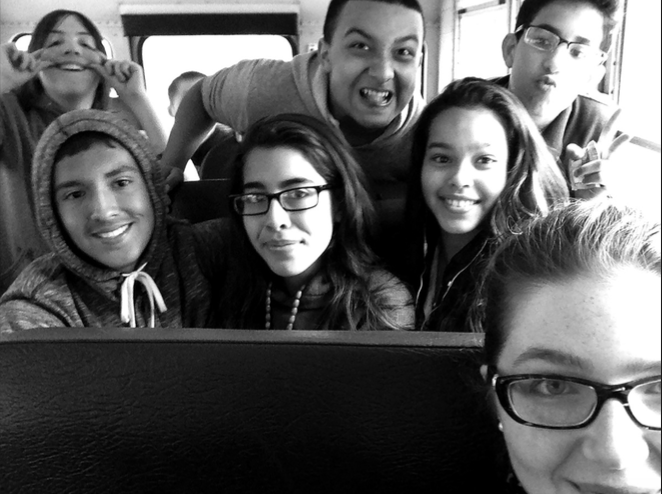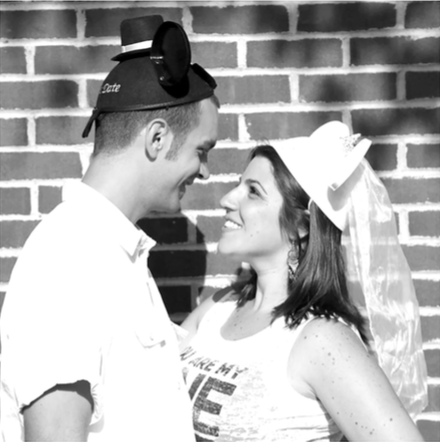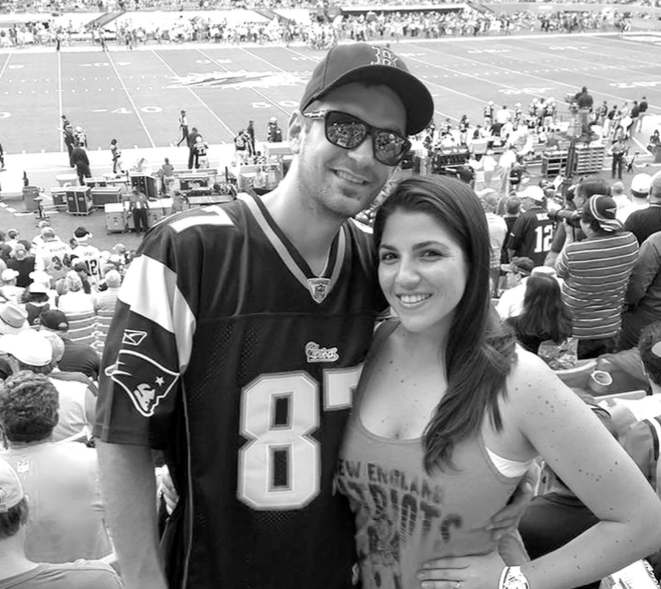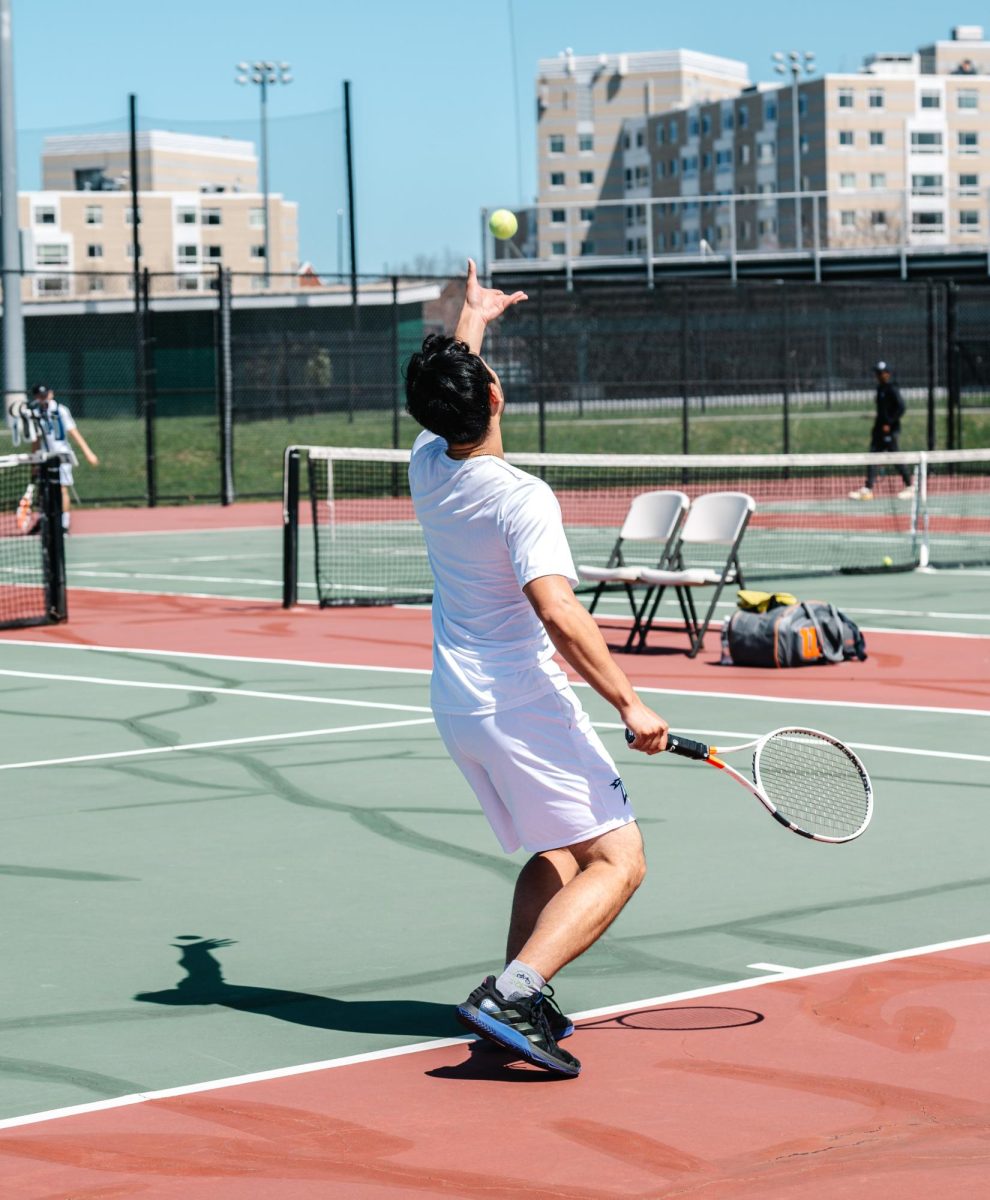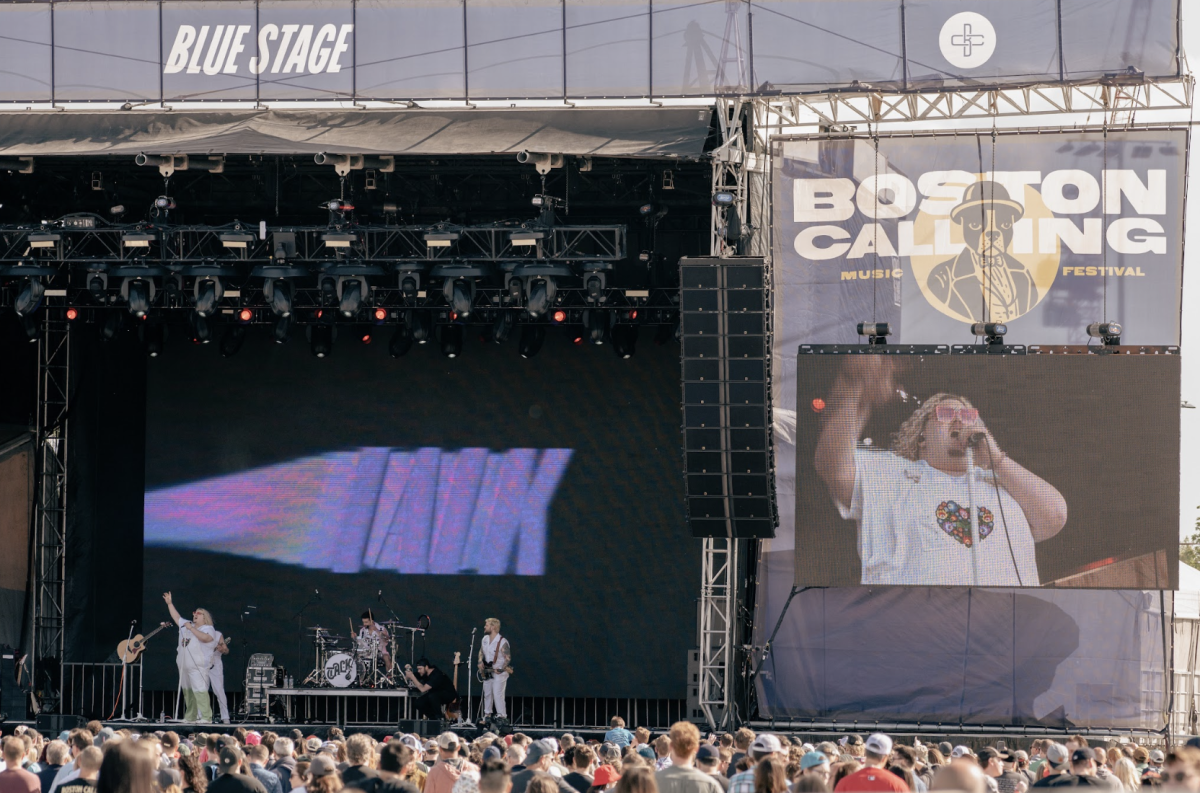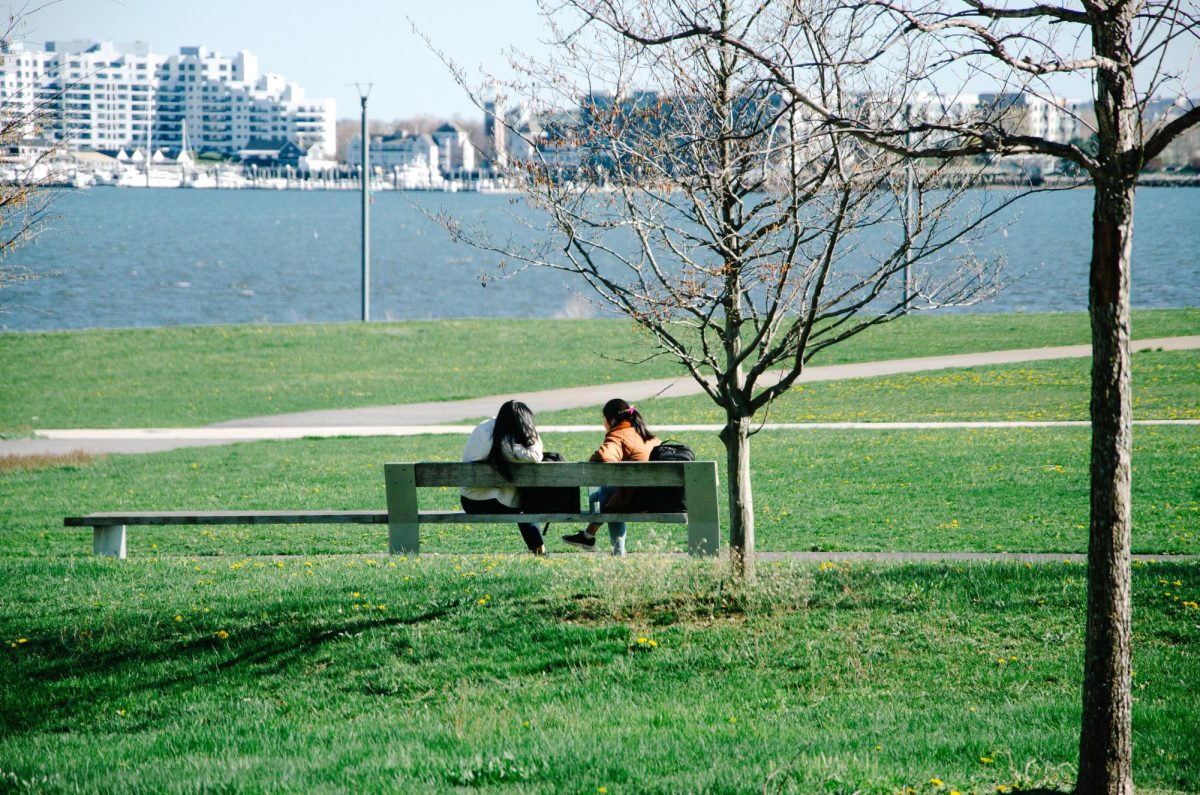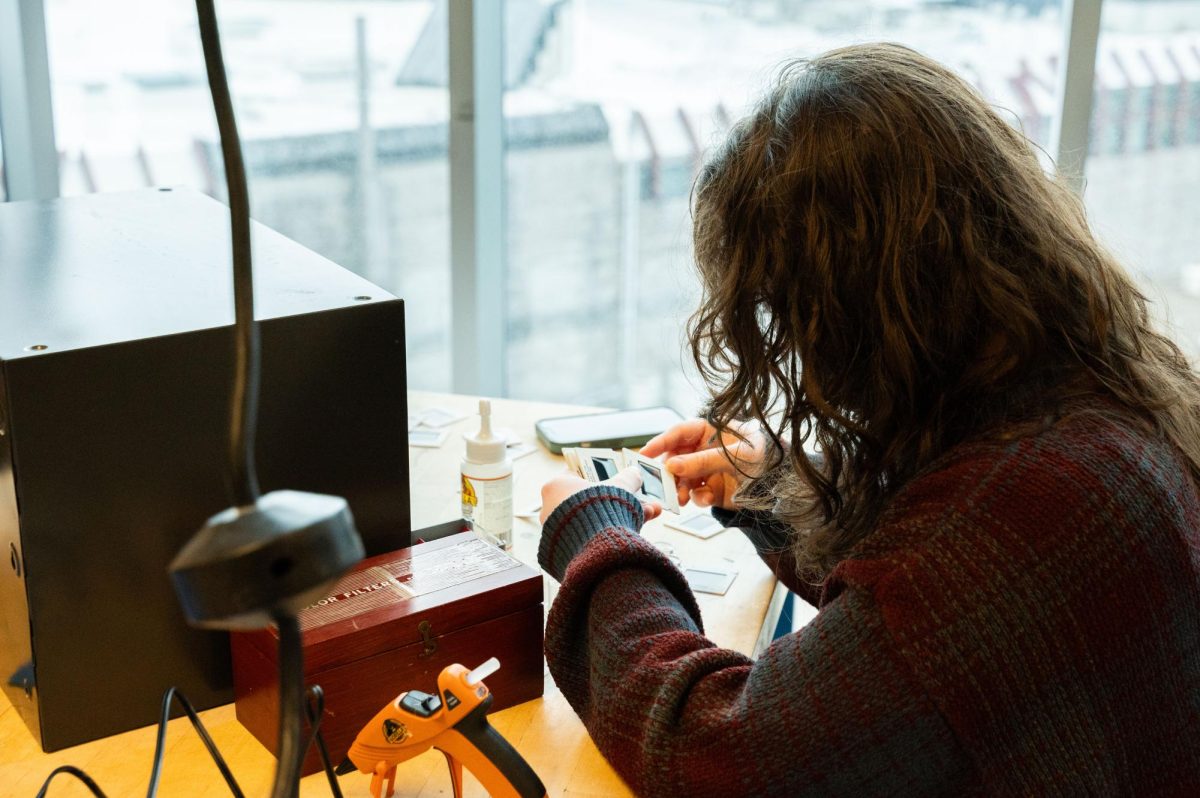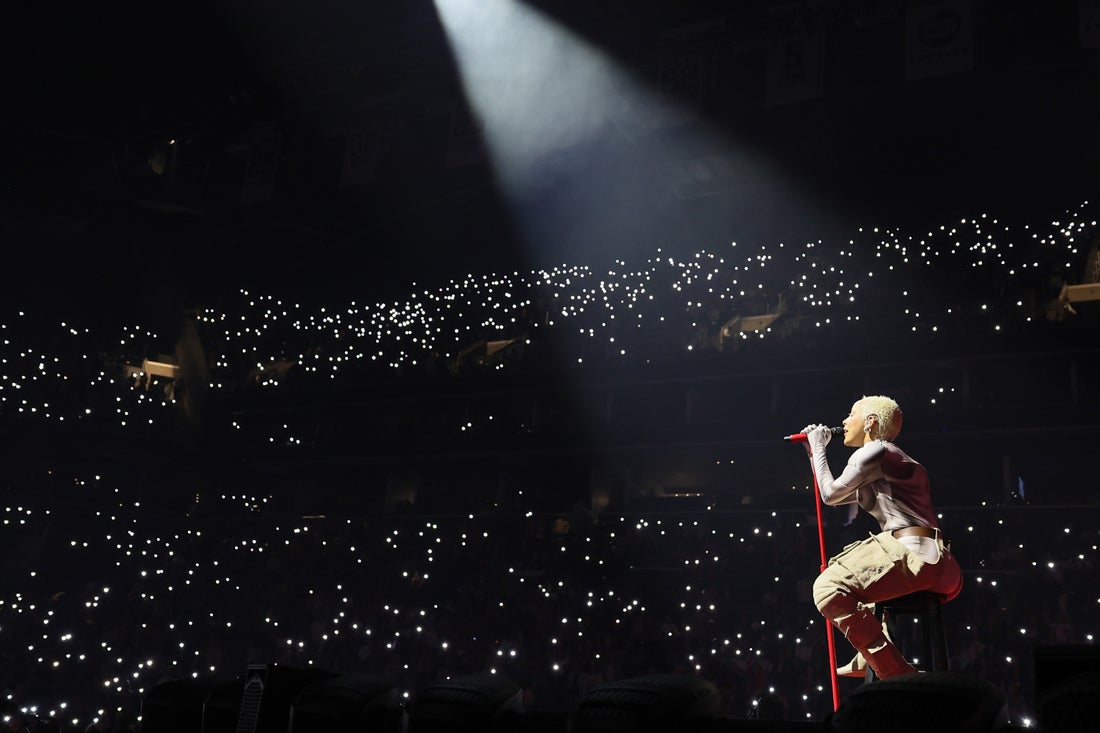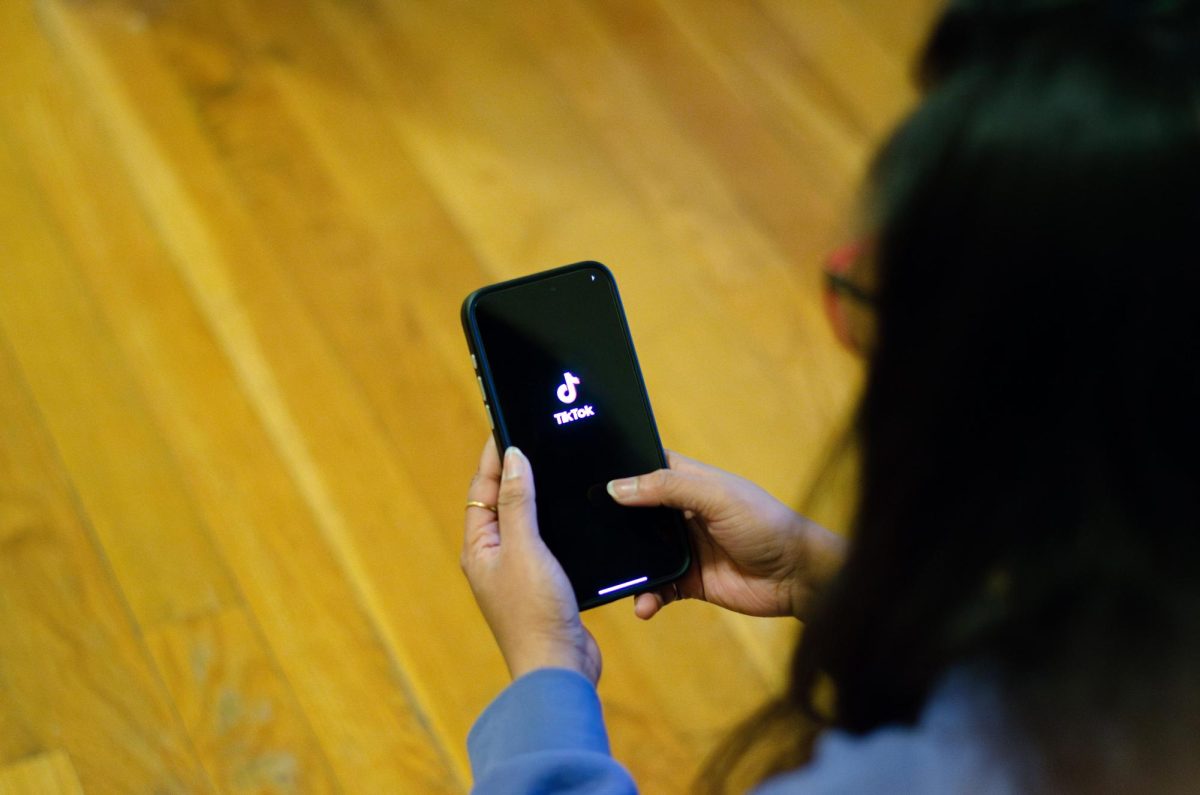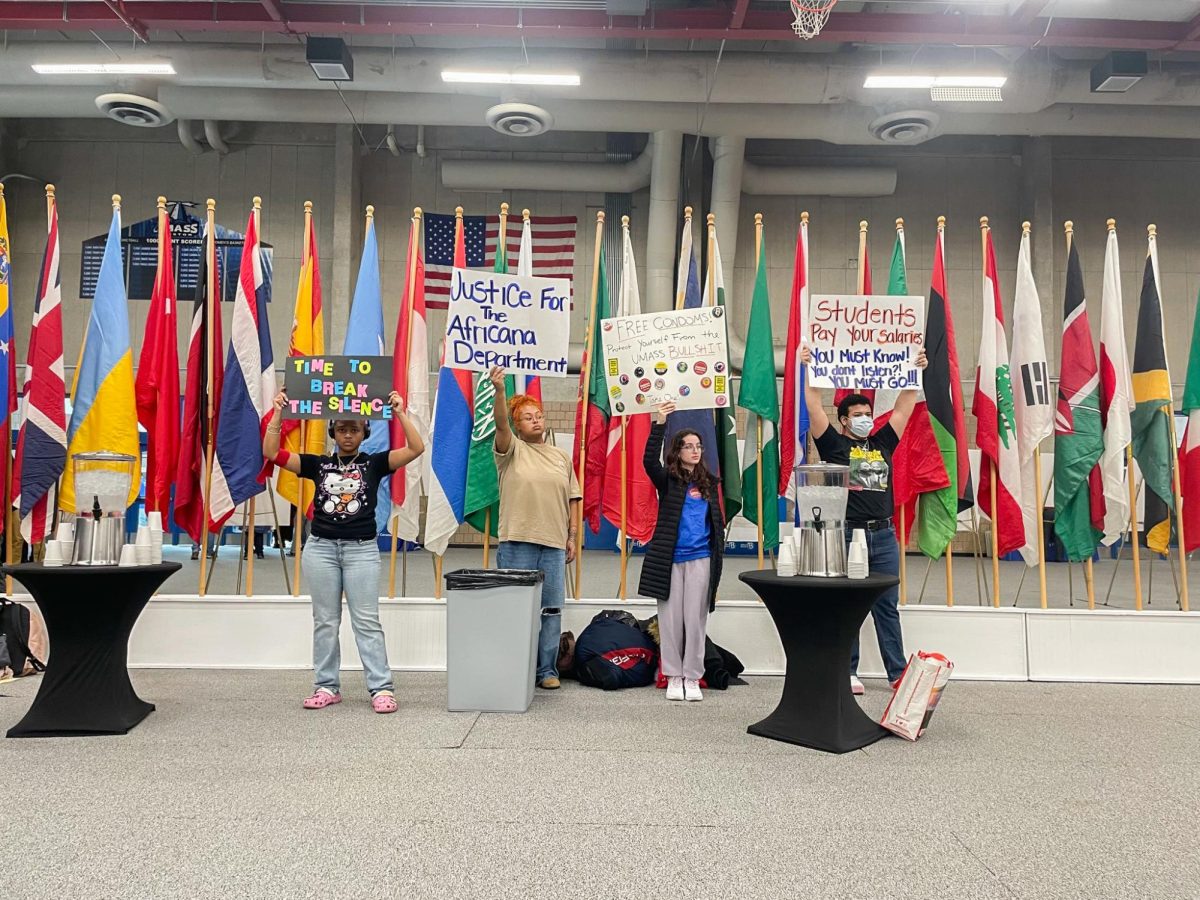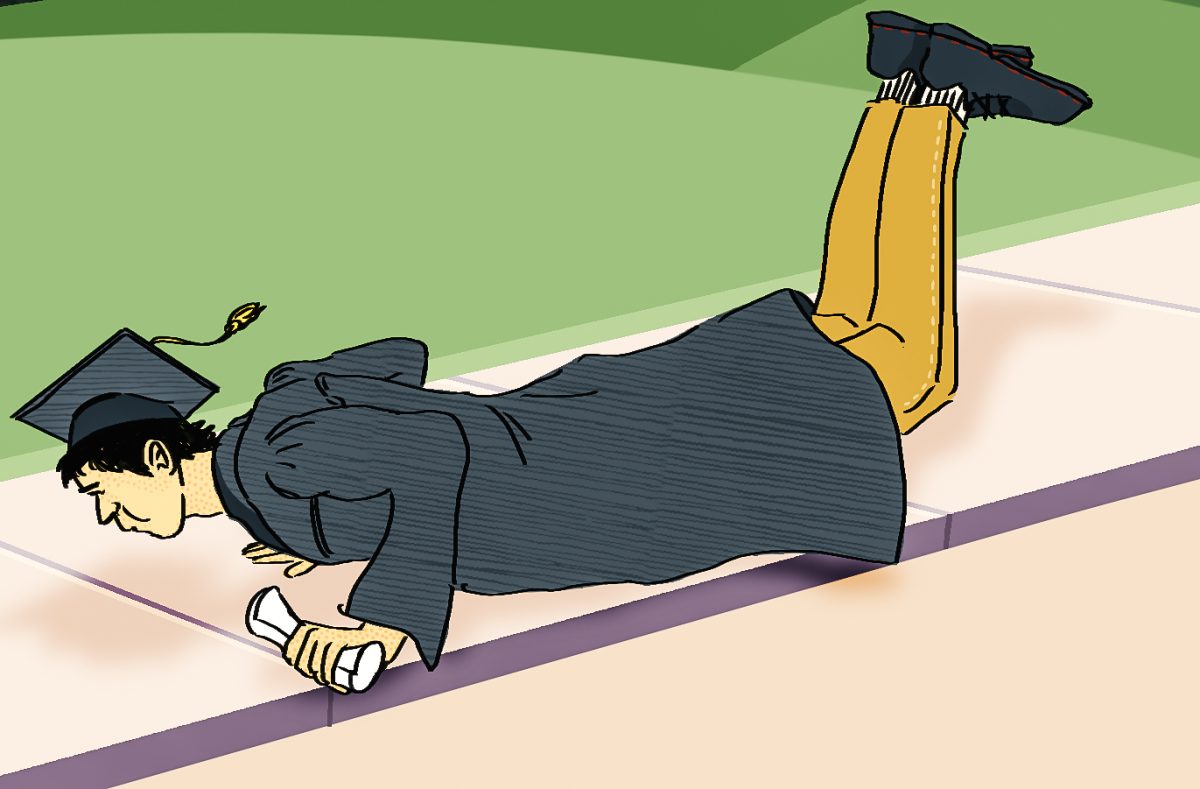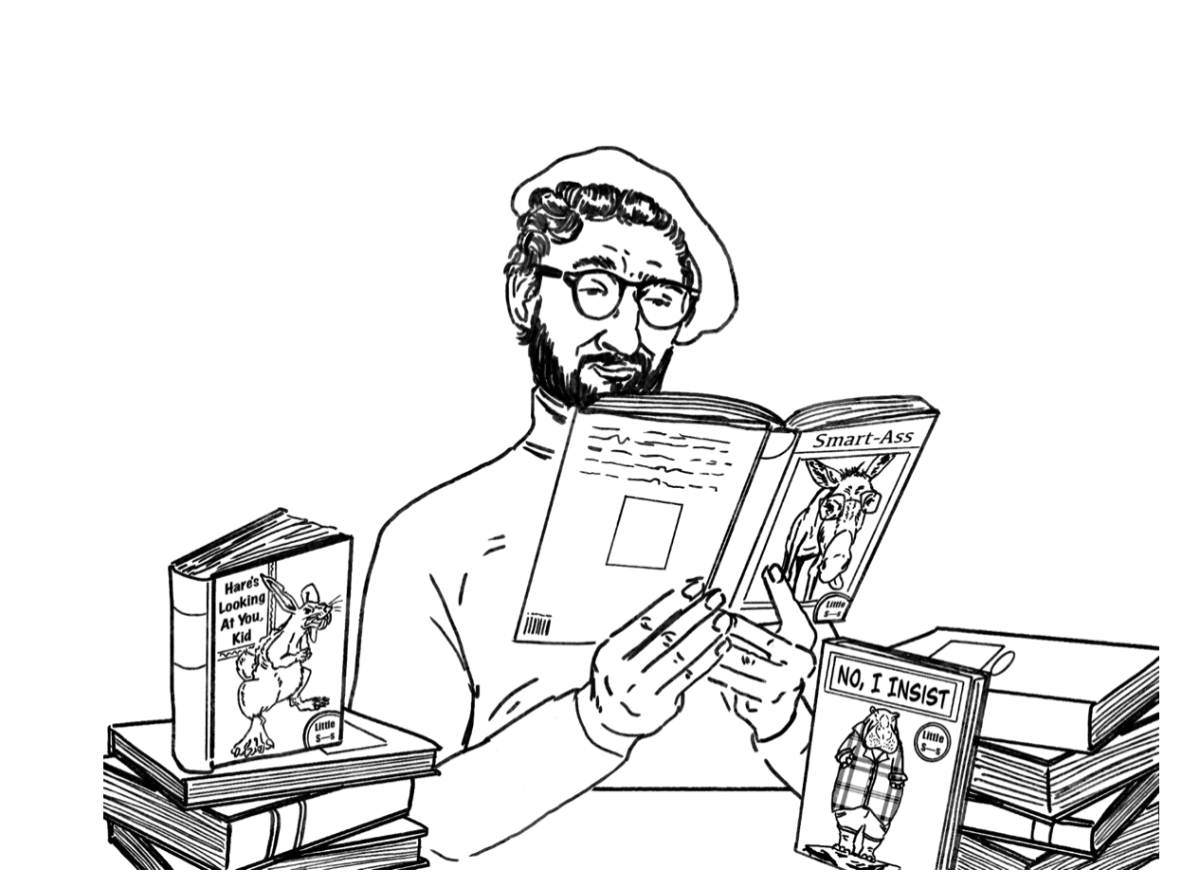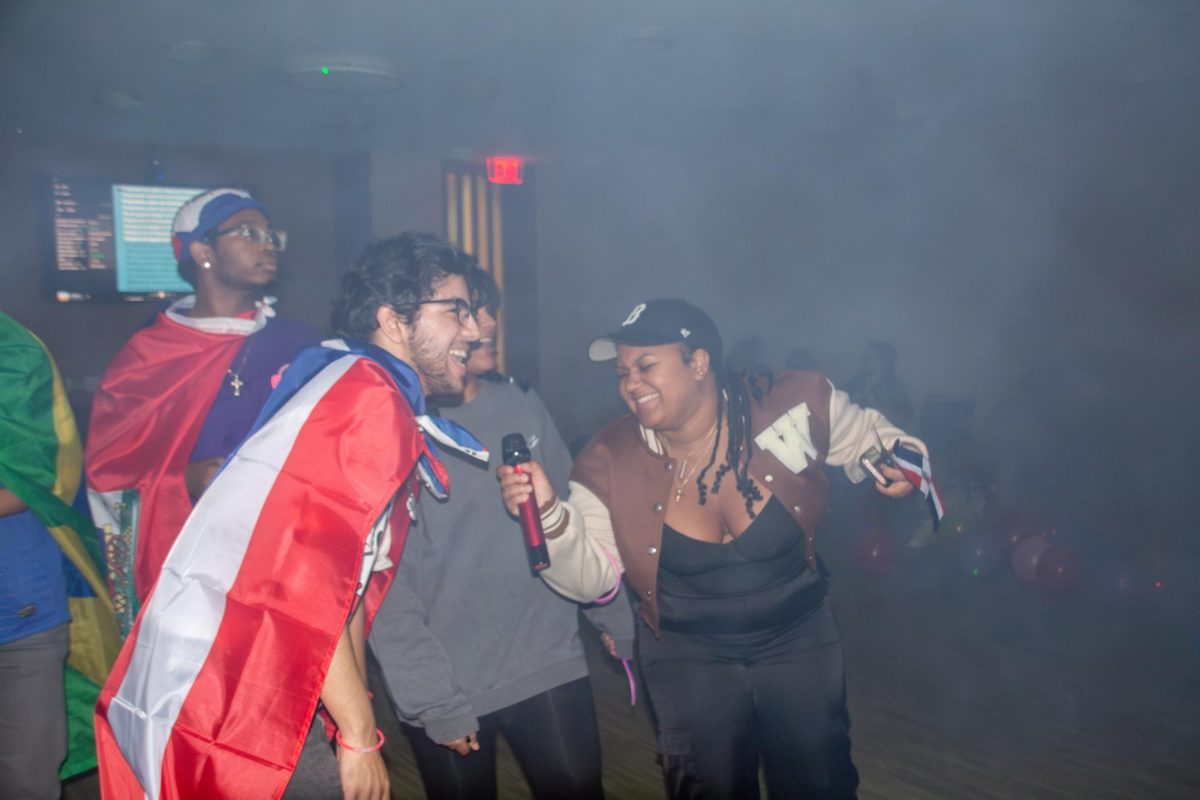Culture is a very important thing to many groups of people, as it’s a way to feel connected to those around you. As a Latina, there are a lot of things, whether it be tradition or heritage, that make me feel connected to my roots. However, I have also struggled with the feeling that I’ll never quite be accepted by those who matter to me.
Within some cultures, there may be some criteria that must be met for someone to be a part of their community, with some of the rules being meant for harmless fun and others being considered highly important. As a Latina, I’ve seen how many people within the culture consider knowing and speaking Spanish as the base standard. If you don’t speak Spanish, you’re not considered a true Latina in the eyes of others.
You’re more so a “gringa,” a term that’s meant to address White women. However, when it’s said toward people like me, it means that being raised in the United States has Americanized you. This term can be meant to be a little hurtful, or it can be meant as a sort of tease.
For me, I heard this a lot growing up, as my Spanish is nowhere near fluent. I can hold a basic conversation, but nowhere near what’s expected of me when I say, “I’m Latina.” Regardless, this term of “gringa” interests me, as it’s meant to say that I’ve merged heavily with the culture of “los gringos.” But I don’t feel like I fit in with them either.
Growing up, I was raised in a mostly White, suburban neighborhood. I didn’t yet understand the concept of race, I only knew that I was different. My family wasn’t wealthy like theirs, and I often found that I was trying to force myself into the boxes that would allow me to further assimilate with them. I never thought to question where my family’s from or what my roots were. Perhaps because subconsciously, I knew that realizing those things would mean accepting that I was different from everyone around me.
It wasn’t until I moved to California for a year that I encountered other Latinos my age who were proud of their heritage. There were some who spoke Spanish fluently and others who had “gringa” accents just like me. It was then that I realized it takes more than one thing to identify as Latina; it’s an accumulation of all the traditions that our families have carried down that make us feel connected to our roots.
As I’ve gotten older, I’ve become socially aware of the two cultures that I’m most exposed to. There’s my Latin American culture that keeps my home vibrating with life. The loud conversations, the big family, the music and the smell of amazing food. It’s something that I’ve truly come to identify with, and it brings me pure happiness. But when it comes to the American culture that I’ve been raised around, the feelings are bittersweet.
Though I was born in America as a first-generation Latina, I’ve never felt “American.” I’ve seen my mother face racial prejudice in public, which would soon become my fate as well. I was 16 when I first heard a slur directed at me, and it caught me off guard. I’ve only since been reminded time and time again that while I was born here, I’m still only considered a second-class citizen. After speaking with many of my ethnic friends who were born here in the United States, I see we all have similar stories.
I was born here thanks to the sacrifices of my parents, and I carry the legacy of resilient men and women within me. I seize the opportunities that citizenship has given me so that I honor the sacrifices made by my family and prove that they were not in vain. First-generation children gain the advantages that our parents were dismissed of, simply because of their birthplace. But this country hands over these privileges reluctantly. I’ve heard a multitude of reasons why people believe I don’t deserve these opportunities, and how I’m robbing opportunities from the people who rightfully deserve them.
At the beginning of my journey toward acceptance, I sometimes felt like I was stuck in limbo. A space in between these two cultures that I’ve been raised within but was never truly a part of. No matter which group I was with, I felt like an imposter, as if they’d stand up and say, “you don’t belong here.” I’m a mixing pot of the two cultures that I was raised around, and while I may never feel like I’ll be fully accepted by both, I realize that the situation is truly what I make of it.
Now, I’m here in college to make my family proud and to also show that Latinas are capable of amazing things. We’re strong, and many of us face adversity to be where we are now. There’s a lot of pressure to fit within the typical expectations of being a Latina, and sometimes, I won’t fit all or even most of those boxes, but that’s okay. Being a Latina is more than the words you say, the foods you eat or even the music you dance to. It’s about pride. It’s about paying homage to the people who came before us.
I love continuing to improve my Spanish speaking and my cooking because it allows me to feel connected to my roots. However, I now know that the lack of these skills doesn’t take away from me being able to express the pride of my heritage. I represent a girl trying to find her own way in a country that may never see her as a true citizen, and that’s okay. My value doesn’t lie in the way people perceive me or the number of boxes I check on their list. I am the blood that runs through me, and my gratitude towards my lineage is enough to consider myself exactly what I’ve always been: a Latina.


